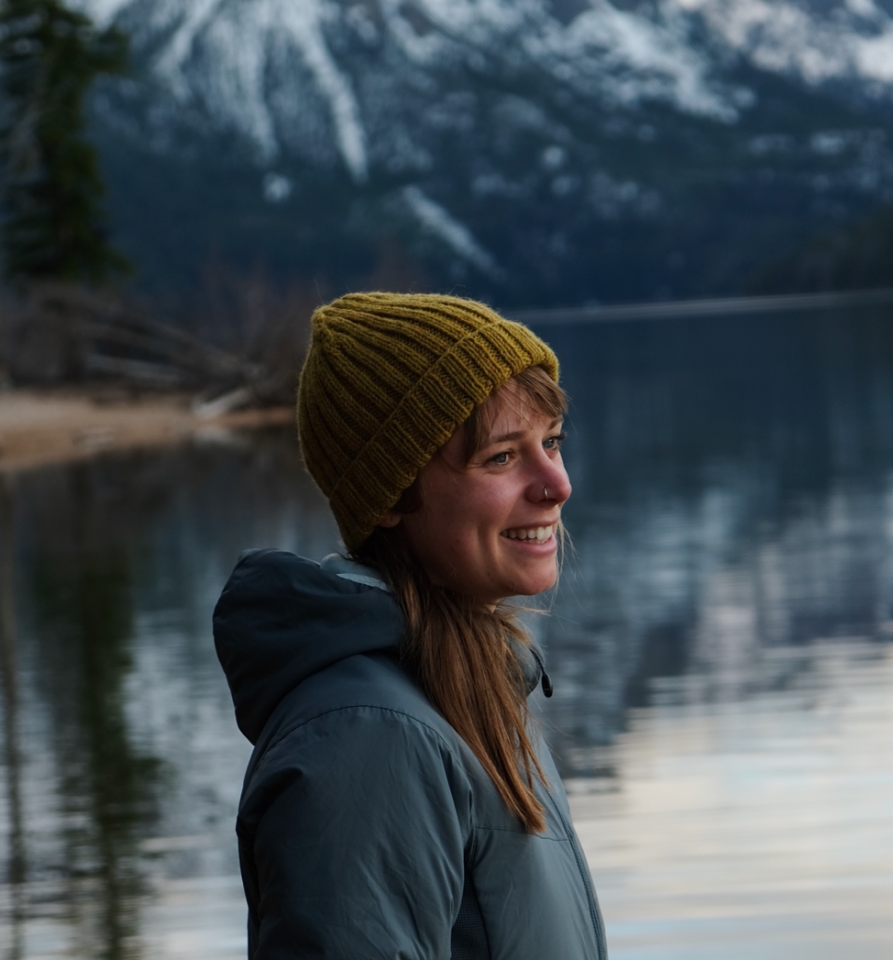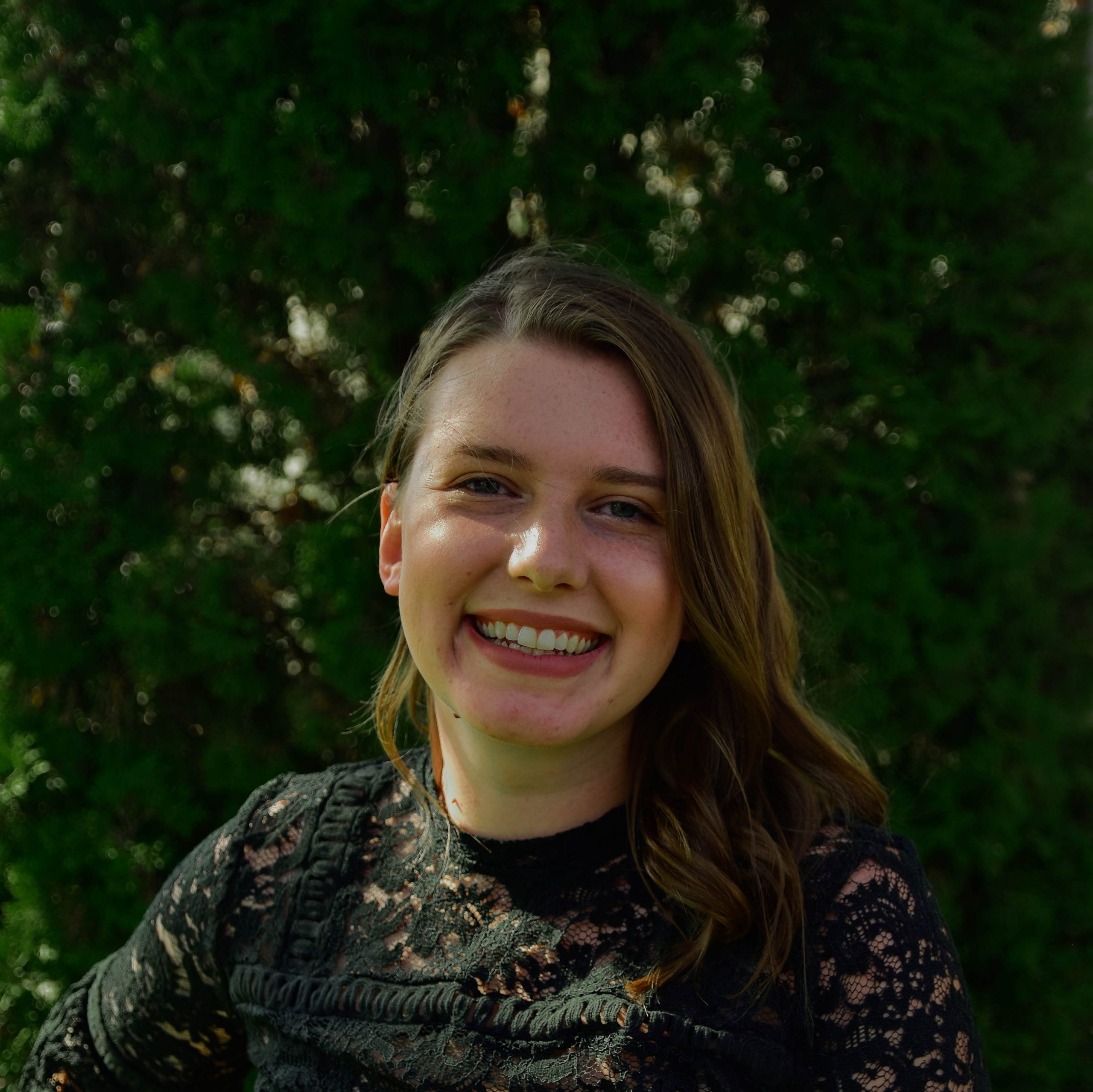1. Just in principle? Assessing the contributions of organic to fairness in Canadian agriculture
2. Green Infrastructure Planning in Vancouver: Addressing Environmental Justice and Hearing Resident Perspectives
Time: 12:30pm to 1:20pm
Location: Michael Smith Labs Theatre (Room 102, 2185 East Mall)
Click here to view video.
Talk summaries:
Agriculture is at the centre of society’s most pressing challenges, including food insecurity, climate change, and labour inequity. Organic agriculture, when practiced according to an ethic grounded in ecology, health, fairness, and care, has been proposed as a remedy to these challenges. However, there remain significant gaps in knowledge about how organic agriculture is practiced relative to the principles on which it was founded, especially the principle of fairness. Drawing from interviews, census data, surveys, and organic policy documents, I investigate how organic agriculture is shaped and enacted by organic community members at multiple scales to assess its contributions to fairness with a focus on labour. I found little evidence that organic certification translates to improved conditions for farmworkers in practice. At the same time, governance and social movement efforts show potential to advance a more just and sustainable agriculture.

Bios:
Susanna is a PhD candidate at IRES and is co-supervised by Hannah Wittman and Navin Ramankutty. She is an interdisciplinary social scientist, and her doctoral dissertation looks at the contributions of organic agriculture to socio-ecological sustainability and fairness, with a focus on food policy, agroecological diversification, labour and justice. Susanna holds a BSc from McGill University and a MSc from UBC’s Faculty of Land and Food Systems. She lives on the traditional territory of the Tla’amin Nation on the lower Sunshine Coast of BC.
In city planning documents, the City of Vancouver’s eastern neighbourhoods are often mapped as “equity zones” and as “areas in need of resources.” With higher climate hazard risk (e.g., sea level rise) and higher socioeconomic vulnerability (e.g., low-income), these equity zones have become high-priority areas for improvements, such as green infrastructure (GI) solutions like street trees and rain gardens. In this research, I turn to Vancouver’s equity zones and ask: what are residents’ self-identified GI priorities, challenges, and aspirations? Two participatory workshops were hosted with residents who live in equity zones. Participants shared how GI projects can be adapted to meet their needs as renters, immigrants, low-income individuals, and families. Second, participants stressed that improved liveability (namely through public transit and affordable housing) can improve their experience with GI.

Taya Triffo is a Master of Arts student with IRES (supervised by Dr. Leila Harris). She earned a Bachelor of Arts in Philosophy, Politics, and Economics at the University of Regina, convocating with great distinction and the President’s Medal. Taya is interested in how communities work together to articulate and envision resource transformations. She has participated in advocacy for the 100% Renewable Regina project — both as a community facilitator and as a policy researcher. She has also worked with the Regina Qu’Appelle Health Region, University of Regina’s Community Engagement and Research Centre, and the Saskatchewan Ministry of Agriculture.